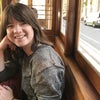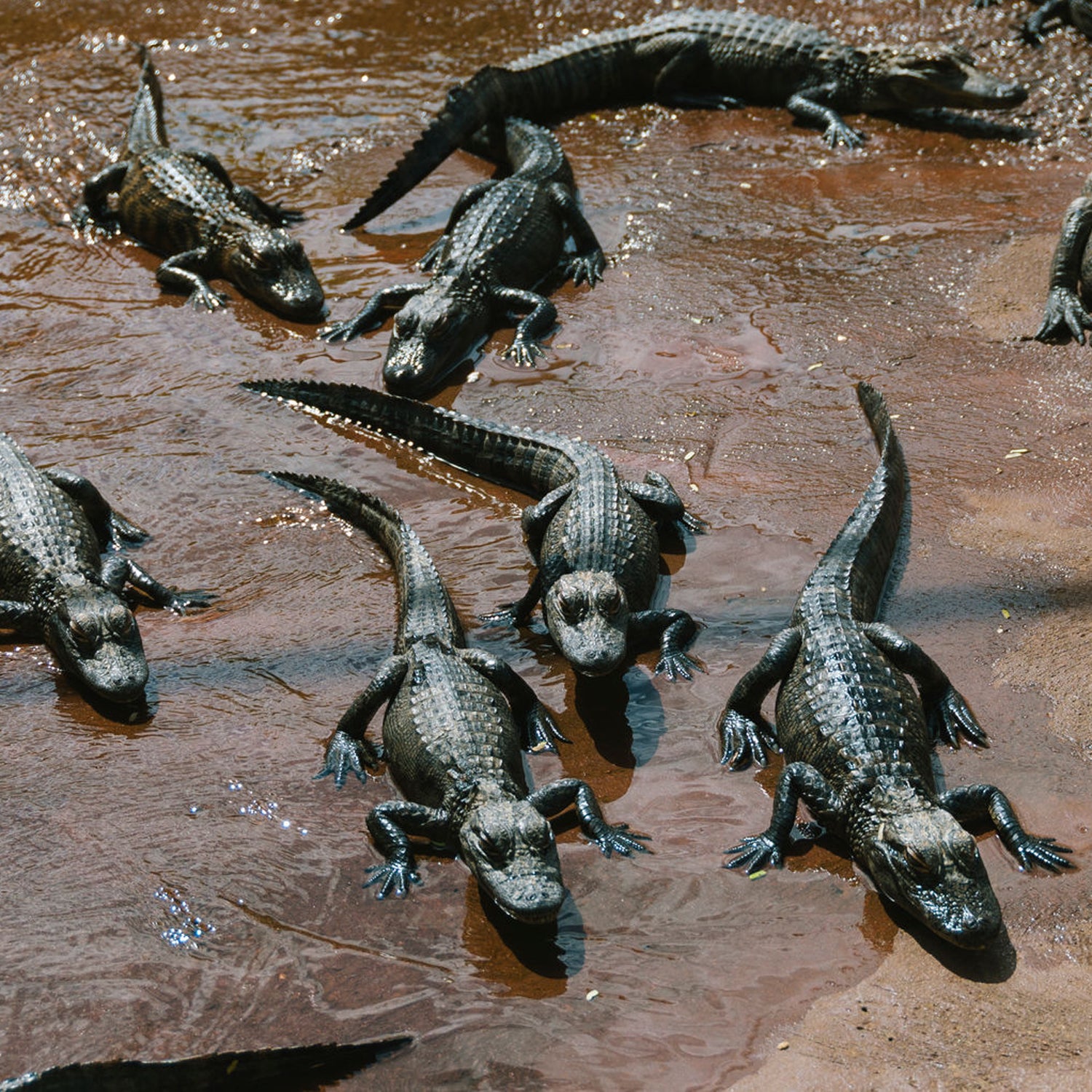Midway through Lauren Groff’s new collection of short stories, ($27, Riverhead), a woman peers into a sinkhole near her home during a downpour on Halloween. The woman is generally anxious, and specifically anxious about the sinkhole, which she concludes must be the sign of a giant cavity and is distracting her “like a hole in the mouth where a tooth used to be.”
The woman has spent the previous 16 pages catastrophizing every thought that crosses her mind—about her husband, sons, friends, work—but it’s only after her anxiety drives the woman into the rain that her thoughts spiral in an opposite, ecstatic direction. “It feels remarkable, like a good cold blade across her skin,” she says of the water trickling into her raincoat. Her thoughts wander to William Bartram, who explored Florida in the 18th century and wrote about its wilderness with an enthusiasm that borders on sensual. “Florida, Bartram’s ghost has been trying to tell her all along, is erotic.” She’s still crouching over the sinkhole.
Florida isn’t always so explicitly, well, Floridian, but its characters all have some connection to the state. Groff, a beloved author of novels like Fates and Furies, also lives there. The 11 fast-paced stories in this book rely on the state being in the background—its wildness yanking away an element of control from her characters. Groff seems fascinated with what she calls the “Eden of dangerous things” that is her state. She sets her stories in remote hunting camps with a panther lurking nearby, or in the middle of a still, gator-filled lake, the main character without a paddle. There are moments of unsettling natural brutality, with descriptions of snakes caught in air-conditioning units and an otter eating a baby swan “in small bites, floating serenely on its back.” Even if you couldn’t care less about Florida, these details add to a feeling of foreboding that doesn’t let up.
Groff’s characters are often driven by heat-and-humidity-induced delirium, used most devastatingly in stories about young sisters abandoned on an island and about a homeless woman’s Sisyphean day-to-day. Most of them seem to feel a calm fascination with natural disasters, like a woman who gets astonishingly drunk during a hurricane and imagines that men from her past visit her in increasingly loony scenarios verging on magical realism. An old lover appears out of nowhere and then swan-dives out her window and back into the storm: “He imitated one of my dead chickens floating about in the water…Like synchronized swimmers, they swirled about each other, arms to the sky, and then, in a gulp, both sank.” Groff picks elements of her state that let her do what she does best: slow-cooking unease, relieved by wacky trips down the rabbit holes of internal dialogue that get to the heart of human weirdness.
For all its otherworldliness, the book is really about relationships, parenting, and resilience in a wild world. Groff keeps the action going—there’s some drama!—while always drawing the reader’s attention to the emotional plot. She writes believably from the perspective of men and children, but most of the stories are about women, and often mothers. Groff identifies satisfyingly specific thoughts and feelings, though some moments of inner dialogue feel a little indulgently dramatic for what they are. “I leave without the salts,” a woman thinks at a store while considering soaking an achy foot and remembering when she was younger, “because I am not ready for such easy absolution as this. I can’t.” Suit yourself! But Groff’s exploration of inexplicable emotions is overwhelmingly thoughtful and sometimes so real that you think she must have felt it herself.
In the final story, a mother of two sons (like Groff) travels with them to France so she can work on a book about Guy de Maupassant. (Groff also wrote about him, though she .) The fictional mother drinks wine by the bottle and worries over her sons—the younger one sweet and clueless, the older one sensitive and brooding, even though he’s only seven.
At one point, the woman recalls what her husband once said about her older son: “He’s like a perfect, windless pond. You throw something in just to watch it sink, and you’re going to see it on the bottom staring back at you for the rest of your life.” It’s an apt kernel of parental dread that reads as somehow scarier than the lurking panther or coming storm. But the mother finds temporary relief one day on a beach (of course), as her son wanders far down the shore. “He has gone too far for her to save him in a calamity. Rogue wave, kidnapper. But the mother doesn’t call for him…He isn’t going anywhere, just away.”


